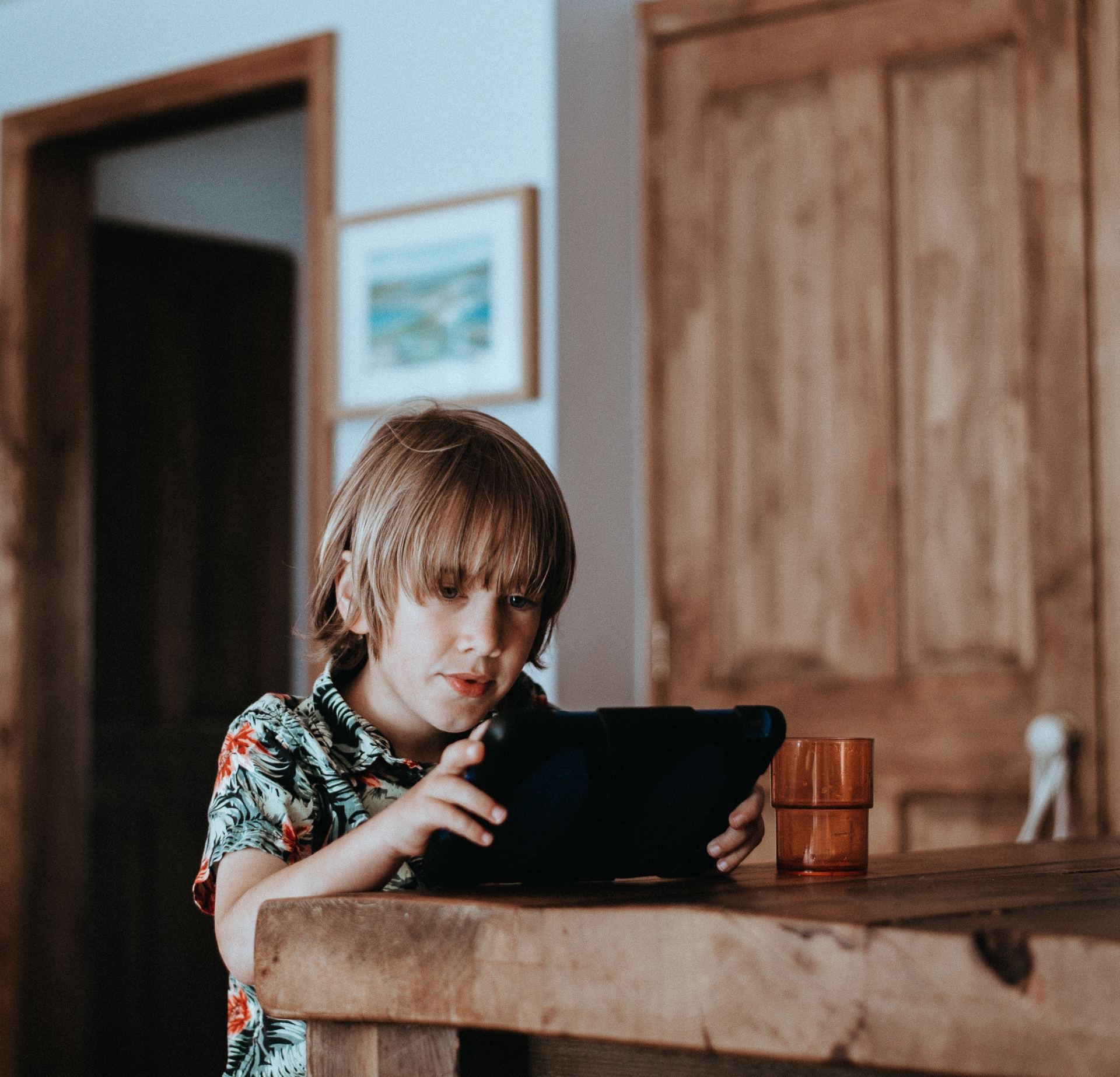Kids and the Internet
by Kevin Tutty, M.A.
A young boy is playing is playing his video game after school. Completely immersed in the game, his Mom tells him it is time to stop and set the table before dinner. He says back, “OK.” Ten minutes later, his Mom yells at him to stop playing and asks him to set the table. The boy replies, “You don’t have to yell at me!” When his Mom says that she asked him ten minutes ago, the boy states he never heard her ask. Does this scenario sound familiar? It likely does.
When the boy is playing his video game, he doesn't have to focus to pay attention to the game, while he does have to focus to pay attention to his Mom. In Parenting in the age of the Attention Snatchers , Dr. Mary Jo Palladino discusses 2 types of attention: directed attention, and indirected attention. While directed attention requires effort to focus on a task, such as doing homework or chores, indirected attention requires no effort in order to focus. It is naturally easier to direct our attention to watching television (indirect attention) than it is to read, focus and comprehend what we just read (direct attention). In fact, the more time we spend in front of a screen, like a television or mobile device, the harder it becomes for us to focus our attention on tasks that require directed attention, like listening or doing homework.
Have you ever heard, “I couldn't live without my phone”? A study in 2016 from the University of Illinois found that addiction to, and not simply use of, mobile technology is linked to anxiety and depression in college-age students.
Minimizing the effects of too much screen time?
What are some ways to limit the effects of too much screen time?
- Have all family members participate in dinner time without electronic devices.
- Do not use electronic devices for 1 - 2 hours before bedtime. Electronic screens have thousands of flashing lights, which excite the photoreceptor cells in our eyes, decreasing melatonin production and making it harder to sleep.Spend a few days without the use of screens. You will find you and your family will spend more quality time together without the electronics.
- Look at parental control software for cell phones, tablets and computers. Leaving your child alone with electronic devices is very risky without some control over content.
For more information, here's a great resource: https://www.empoweringparents.com/article-categories/child-behavior-problems/technology-kids/
Bibliography
Dr. Mary Jo Palladino. (2015). Parenting in the Age of Attention Snatchers.
Look for more ideas on parenting our kids in the digital age in upcoming Newsletters!!







